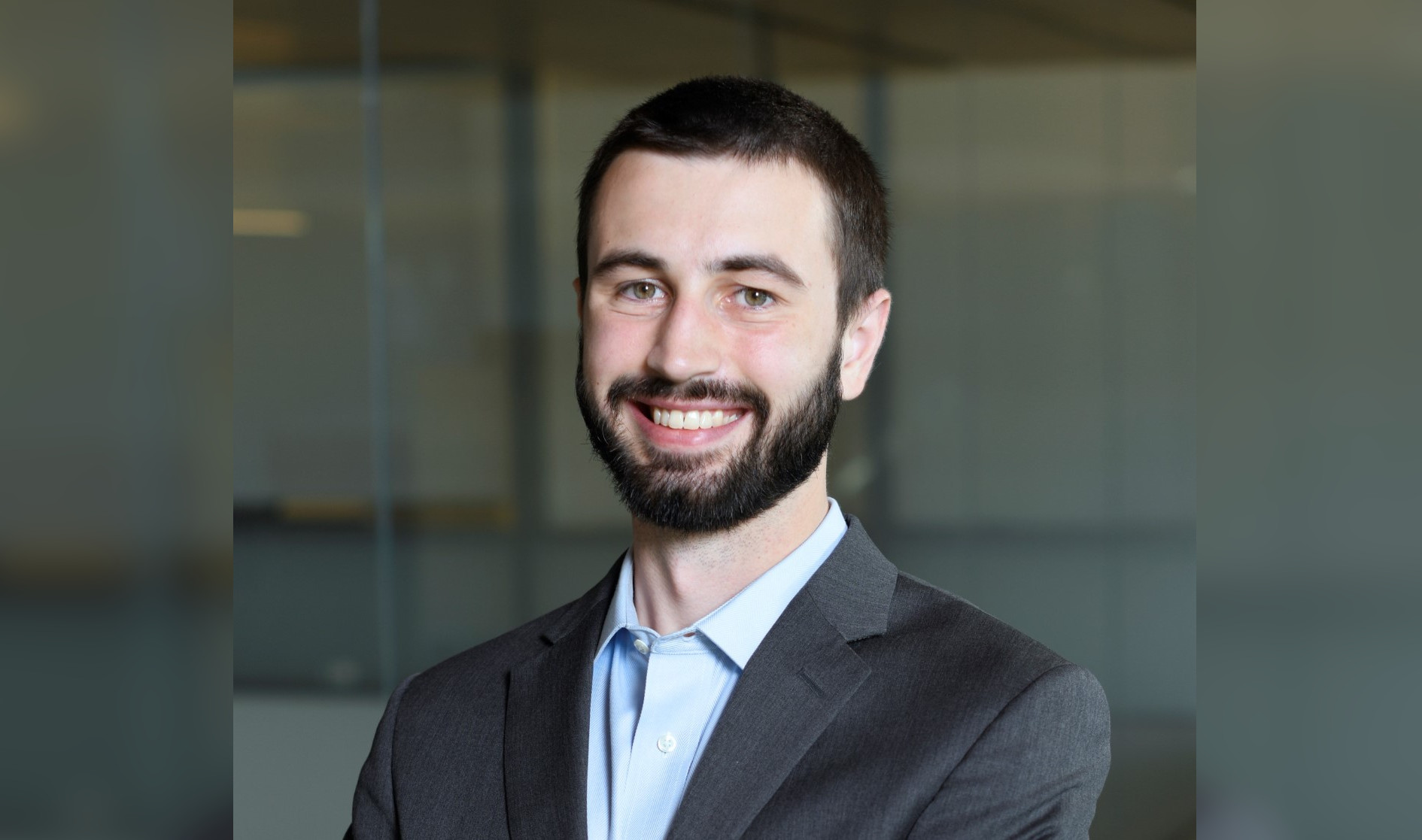Wondering about who join CREDO’s mentoring program? Or why do they join? Or what do they do? Here we bring to you a short interview with one of the mentorees. We hope it inspires more mentorees!
Tell us about yourself (academic profile, faith, …)
I am currently a 2Y student in Northwestern University’s Financial Economics PhD program. My wife and I live in the Chicago area with our 1-year-old daughter. Before grad school, I worked as a Research Assistant in the Finance group at the Chicago Fed. I first considered doing an economics PhD during my time in undergrad at the University of Notre Dame. While at Notre Dame I worked for Bill Evans and Jim Sullivan at the Lab for Economic Opportunities (LEO), an anti-poverty research lab whose program evaluations employ the toolkit of economic research to support the service providers fighting poverty on the front lines. My time at LEO remains a motivating example of how to integrate the modern tools of economics with the Catholic faith’s timeless imperative to prioritize the flourishing of society’s most vulnerable members.
How did you find out about CREDO?
During my sophomore year at Notre Dame, I sat in on CREDO’s May 2016 “Economics and Catholic Social Thought: A Primer” workshop. Prior to this CREDO workshop my interests in the intersection of economics and CST developed mostly on an informal track of my own assembly, so this workshop helped give more direction to my CST interests and questions.
How did you find out about the mentoring program?
Through CREDO’s regular email bulletin.
What motivated you to participate in the program?
My motivation for signing up was to meet fellow Catholic economists. The CST discussion group came organically out of our first “mentoring group” meeting: we all voiced a desire to learn more about the Catholic Church’s history of thinking through questions of social justice, and, it turns out, JFV was just the person to learn from.
For how long has the discussion group with Jesus FV been meeting? How often do you meet?
We have been meeting once every couple of months or so for over a year now.
What does a normal discussion group meeting entail? What do you do?
Our discussions can focus on anything from analyzing specific parts of the text, to discussing the relevant historical context, to debating the relationship between CST’s principles and our professional roles as economists. The typical reading is an encyclical, but we also read articles from the secondary literature on CST, essays on the philosophies and methodologies of economics, and, most recently, a small book titled “The Person and the Common Good” by Jacques Maritain, a Catholic philosopher whose work had a deep influence on the U.N.’s 1948 Universal Declaration of Human Rights.
What would you tell others to motivate them participate in the program?
Our discussion group connected thanks to the CREDO mentoring program, and our readings and discussions have formed me into a more well-rounded economist, fostered ongoing exchanges with fellow Christians about topics such as the preferential option for the poor, and deepened my respect for the Catholic Church’s wisdom as “an expert in humanity.” My experience is evidence that CREDO’s mentoring program is flexible enough to be tailored to whatever one’s interests may be.







